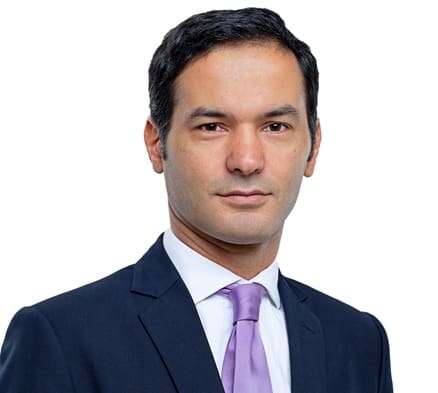Interview with Zulfukar Tosun

One of BREL forum’s sessions this year will be dedicated to future outlook with a focus on real estate market evolution. What, in your opinion, are the main challenges traditional retail sector is currently facing and how can we possibly move towards overcoming them?
I think that the main changes are concerning the customer. Several years ago the customer wanted to shop in a shopping center that was either luxury, budget or middle class. Nowadays we face a mix of budget and luxury shopping. Hybrid shopping centers are the answer to it. Customer will find there for instance H&M and a Nespresso store. Or there will be an Armani store and a second-hand cloth store, but not Humana, with used designer clothes. These kind of shopping happens already in Facebook groups but we will see this also offline.
Technology is our future in many aspects. How will tech-driven economy affect the European and Baltic real estate market in the upcoming years in terms of retail? What are your predictions considering the rapid evolution of e-commerce and various technological solutions? Should traditional retail and e-commerce perhaps join forces thus offering customers bigger diversity instead of competing?
They are already joining forces. But don’t forget that Amazon for instance has a 50% market share on e-commerce in Germany. Many retailers have already a good structured omnichannel strategy. I see a lack of curated shopping in the Baltic States. This might be a future field. Customers tell what kind of preferences they have and the shopping centre will send monthly a combination of clothes to them. Or shopping centers will work closely together with a hairdresser and stylist. While the customer gets an new hair cut he can choose a new suit. We see the customers also coming back to brick-and-mortar again.
Where do you see Baltic shopping centres in 5-10 years from now? What are the current market trends and some of the best practice examples that will promote traditional retail development and drive customer decisions? What retail sectors can expect the biggest growth and also the biggest downfall?
In 5 years we will face some big disruption because only then we know what is really possible with big data and e-commerce. It is hard to say what exactly will happen. Maybe we will have stores with 3-D printers only. They can print everything that the customers want. So maybe the biggest downfall will happen in factories and industrial sectors. What should be done is that shopping centers turn into a neighborhood hub. For instance there are too few post offices in the shopping centers. In Germany every K-Kiosk has a postal services counter. I am consulting a shopping center owner in Germany to place a kinder garden in his shopping center. This alternative use models also bring quite a high rental income.
